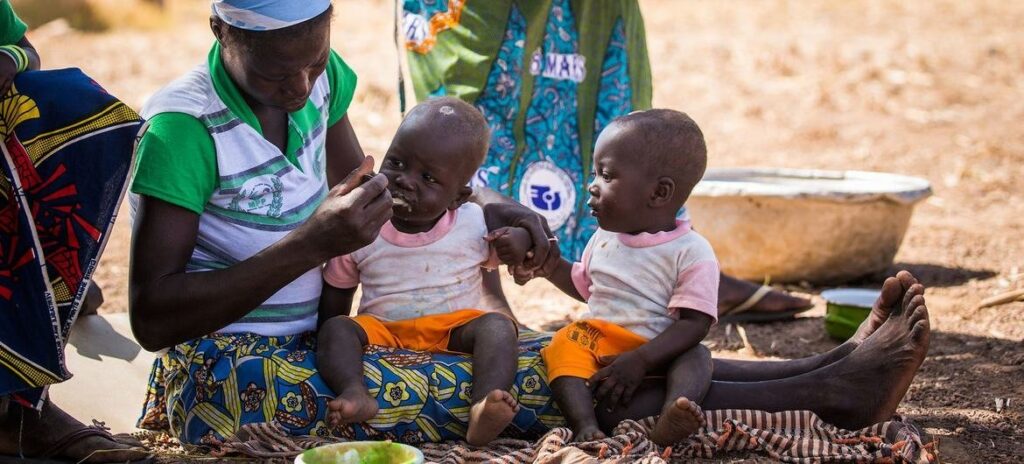New York, July 12 – Dozens of developing countries with a total 3.3 billion people – almost half of world population – are spending more on debt interest payments than on education or health, the United Nations said a new report titled A World of Debt.
“Some of the poorest countries in the world are being forced into a choice between servicing their debt, or serving their people,” U.N. Secretary-General Antonio Guterres said at the launch of the report. “They have virtually no fiscal space for essential investments in the Sustainable Development Goals or the transition to renewable energy.”
He said because these unsustainable debts are concentrated in poor countries, “they are not judged to pose a systemic risk to the global financial system. This is a mirage. 3.3 billion people is more than a systemic risk. It is a systemic failure. Markets may not be suffering – yet. But people are.”
The global public debt reached a record US$92 trillion in 2022 and is still surging with developing countries shouldering a disproportionate amount. The report said, on average, African countries pay four times more for borrowing than the United States and eight times more than the wealthiest European economies.
The International Monetary Fund says 36 countries are on so-called “debt row” – either in, or at high risk of, debt distress. Another sixteen are paying unsustainable interest rates to private creditors. And a total of 52 countries – almost 40 percent of the developing world – are in serious debt trouble.
Read the report: A World of Debt: A growing obstacle to global prosperity
Visit the U.N. website for an interactive map with country-specific data and more
U.N. urges deep reforms of outdated international financial system
Guterres said the current global debt situation resulted partly from the “inequality built into our outdated global financial system, which reflects the colonial power dynamics of the era when it was created. That system has not fulfilled its mandate as a safety net to help all countries manage today’s cascade of unforeseen shocks – the pandemic; the devastating impact of the climate crisis; and the Russian invasion of Ukraine.”
In an address he made to the Paris Finance Summit on June 22, Guterres called the financial system created after World War II, “outdated, dysfunctional and unjust” and it can no longer meet the needs of the 21st century.
When launching A World of Debt, he called for “deep reforms” of the global financial system and proposals he made include “an effective debt workout mechanism that supports payment suspensions, longer lending terms, and lower rates, including for
vulnerable middle-income countries. Governments can agree right now to scale up development and climate finance by increasing the capital base and changing the business model of Multilateral Development Banks.”
He said other important proposals were made in the Bridgetown Agenda led by Prime Minister Mia Mottley of Barbados and the recent Paris Finance Summit. The upcoming G20 Summit in India is also an opportunity to take these ideas forward.
United Nations correspondent journalists – United Nations correspondent journalists – United Nations correspondent journalists – United Nations journalism articles – United Nations journalism articles – United Nations journalism articles – United Nations News – United Nations News – United Nations News

